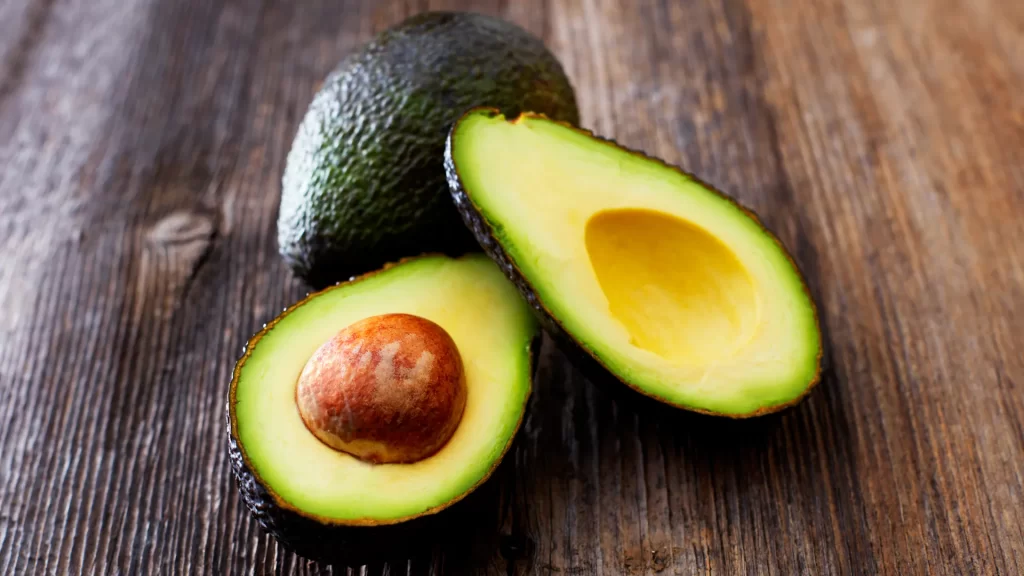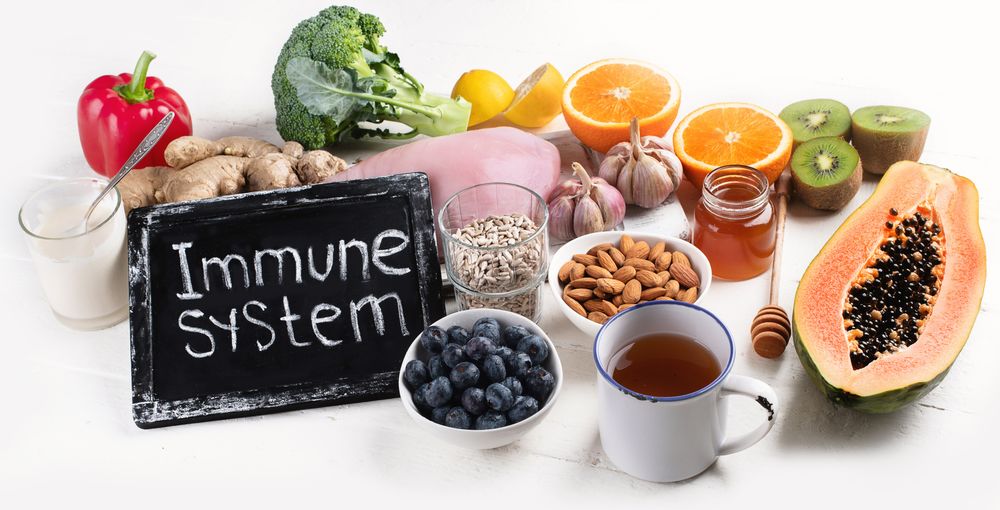Your immune system protects you from a variety of infections and diseases, such as colds, influenza, and COVID-191, and it may also play a role in reducing seasonal allergy symptoms and potentially preventing certain cancers.
A well-balanced diet includes the foods that best boost your immune system. Protein, vitamin A, vitamin C, and vitamin E, as well as the minerals zinc and iron, can all aid in the normal functioning of your immune system. Natural meals that are abundant in these nutrients are the best for your immune system.
You’ll also want to eat more foods that contain probiotics, which are gut-friendly bacteria that assist your digestive system’s flora balance. Probiotics have been linked to better immune function in studies, despite the fact that they are not nutrients.
Add these ten foods to your weekly meal plan to get additional nutrients and probiotics in your diet. Each item contains two or more essential elements that support a strong and healthy immune system.
Almonds
Vitamin E, which is abundant in almonds, is a potent antioxidant that protects cells from free radical damage. 6 Almonds also include iron and protein, both of which are necessary for a healthy immune system. They’re easy to obtain in any supermarket, make a great healthful snack, and may be used in salads, yoghurt, and other dishes.

Vegetable oils, sunflower seeds, hazelnuts (and other nuts), and peanut butter are all good sources of vitamin E, and they also include other immune-boosting elements.
Avocado
Avocados are known for being high in monounsaturated fatty acids, similar to olive oil, but they also contain vitamins E, C, iron, and zinc. Avocado slices can be added to a sandwich, guacamole can be made, or avocado cubes can be used to top a healthy salad.

Broccoli
One cup of raw chopped broccoli has about a full day’s worth of vitamin C, which is important for immune system function since it aids in antibody synthesis. Citrus fruits, strawberries, kiwi fruit, and Brussels sprouts are among the vitamin C-rich foods. Broccoli also contains vitamin A and iron from plants, both of which are beneficial to your immune system.
:max_bytes(150000):strip_icc()/__opt__aboutcom__coeus__resources__content_migration__simply_recipes__uploads__2006__01__steamed-broccoli-horiz-b-2000-9c966360d0ad47a29120d700906697d9.jpg)
Kale
Kale, like cauliflower, arugula, and broccoli, is a cruciferous vegetable. It’s high in a variety of nutrients, including vitamin A, which is essential for maintaining healthy skin and mucous membranes. Carrots and spinach are other good sources of vitamin A. Vitamin C, vitamin E, iron, and zinc are all found in kale.

Mango
Mangos were long considered an unusual fruit, but they are now widely available in supermarkets. Mangos can be found in the produce and freezer areas of the supermarket. Vitamins A, C, and E are abundant in this superfruit.

Oysters
Oysters are abundant in zinc, which is healthy for your immune system. Other shellfish, meat, baked beans, and pumpkin seeds are all good sources of zinc. Oysters are a good source of protein and iron, and they have a little quantity of vitamin A. For dinner, try oyster stew or raw oysters as an appetiser. In most supermarket stores, canned or fresh raw oysters are available.
/Freshoysters-GettyImages-121858565-59cc1bcbd088c0001197e9a3.jpg)
Red Bell Peppers
Because they’re abundant in both vitamins C and A, red bell peppers are healthy for your immune system. They also have vitamin E in them. Red bell peppers are a versatile ingredient that may be used in omelettes or sauteed as a side dish.

Sweet Potatoes
Sweet potatoes are high in vitamin A and also contain significant amounts of vitamin C, vitamin E, and plant-based iron. Sweet potatoes with a dab of butter or a sprinkle of maple syrup can be baked in the microwave or in a standard oven.

Tuna
Tuna is recognised for being high in omega-3 fatty acids, but it’s also high in protein, zinc, and selenium, all of which are important for immune system health. Other forms of shellfish, Brazil nuts, and ham are all good sources of selenium. Tuna is a fish that can be used in a variety of ways. You can eat it raw, seared, or grilled, or keep a few tuna cans on hand for sandwiches and salads.

Yogurt
Yogurt is abundant in protein and one of the most well-known dietary sources of probiotics that can help your immune system. A minor amount of vitamin A and zinc is also included. Choose plain, unsweetened yoghurt and season with nuts, berries, and a pinch of honey to make your yoghurt more nutritious.

Conclusion
Eating a well-balanced diet is a fantastic method to make sure you’re getting all of the nutrients you need for good health. By increasing your consumption of nutritious foods, you’re ensuring that your immune system gets all of the nutrients it requires to work at its best.
Aside from eating well, there are a number of daily actions you can take to support your immune system. Get enough sleep, exercise regularly, and manage your stress levels to keep your health in good shape.



